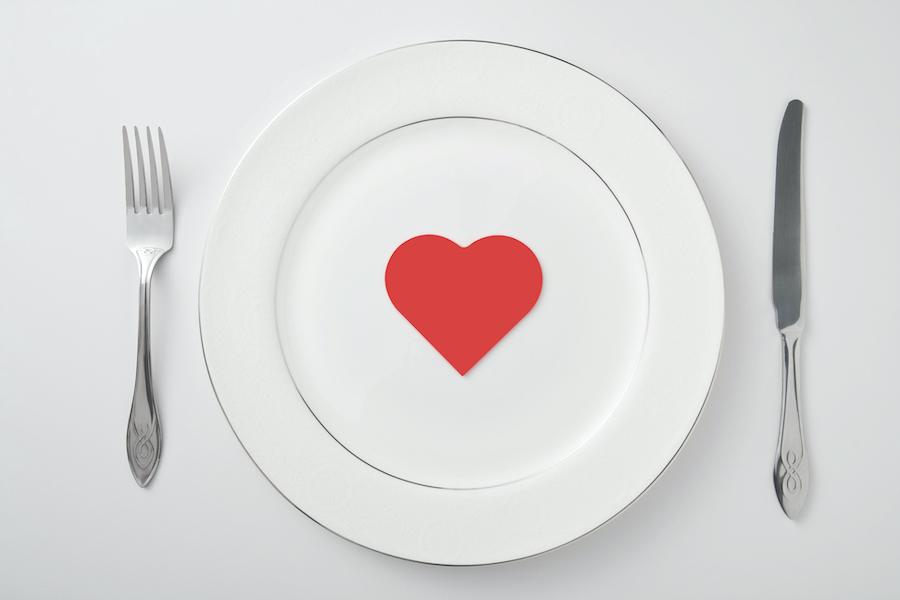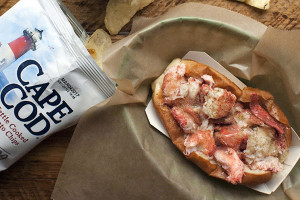The Greatest Service Boston Restaurants Ever Offered Was to Stop Serving Us
They had everything to lose, but still closed dining rooms without a fight. The hospitality industry saved lives, and now they need us to save theirs.

Getty Images
I know it’s already getting hard to remember, but there was a time, and it wasn’t long ago, when most of us couldn’t believe it would get this bad.
Me? I’d heard the experts on television. I’d read the news reports. But I finally started taking coronavirus seriously when I couldn’t get a cocktail in Boston.
Hold off on hitting that “cancelled!” button, keyboard warriors, and hear me out. To be very, very clear: Obviously, I don’t mean that my unmet hankering for a well-made Manhattan was—in any way, shape, or form—a devastating aspect of this deadly worldwide pandemic. (Got it? Good.) What I do mean is that when Boston bars and restaurants started to close their doors, I understood the need to pay attention in a different way. And anecdotal conversations with friends suggest I wasn’t alone. Americans can be arrogant and stubborn (I am no exception) and we often view very real threats in only abstract terms, until that moment comes when there is a practical difference, however small, in daily life. Think about it: At some point over the last week or so, in between sharing jokey memes about toilet paper droughts and distracting yourself with push-up challenges on social media, you’ve probably had your own devastating a-ha moment that took you by surprise, and made you realize this whole dystopian daydream was actually, excruciatingly, real.
For me, shuttering restaurants was the first sign on these shores that times, well, they were truly a’changing. And when it came, that sign was flashing—no, screaming—red.
You see, I’ve been covering the dining scene for years, I’ve had conversations with more hospitality folks than I can count, and I’ve listened to them pour out their heart, soul, and frequently, their financial woes. I know that in the restaurant world—as with the media world, where a lot of ballyhoo, chest-puffing, and jazz-hands similarly belie how close we often are to eating dirt—many of the most successful and popular operators are actually only a few rainy days away from drowning. Margins are razor thin. Chefs gamble every cent they have to open a restaurant. Servers, line cooks, bartenders, and dishwashers all work long, hard hours for little money, few if any benefits, and even less appreciation. It doesn’t matter how hot or buzzy the restaurant: In the industry, every cent counts, and every dollar means the difference between another day open and permanently hanging the “closed” sign.
Every restaurateur knows this. And yet, as the gravity of COVID-19 sank in, and as the imperativeness of social-distancing measures became clear, restaurants made the ultimate sacrifice for any small business: they shut their doors, with no clear idea when, or if, they’d be able to reopen. Even before Gov. Charlie Baker’s ban on on-site dining at Massachusetts restaurants officially took effect, popular spots like Island Creek Oyster Bar, Toro, and Bar Mezzana had already voluntarily suspended service. And once the mandate was in place, the rest of the city’s restaurants followed suit with no peep of protest, as far as I could hear. I heard fear, sure. Sadness, absolutely. But if there was any private griping, the public comportment—shared in every restaurant’s email newsletter, Instagram post, and Facebook update—was consistently resolute: Closing was the necessary cost to keep us all safe.
By sending that message, the restaurant community sounded a loud alarm. And most likely, it saved lives.
Of course, there are still many restaurants offering takeout and delivery menus that smartly skirt or drastically minimize social interaction, and I’m glad these places continue to chug along. I’ve made use of them myself, stocking up on roast beef sandwiches from Cusser’s, the fast-casual takeout window at chef Carolyn Johnson’s otherwise-elevated Back Bay restaurant, Mooncusser Fish House; and ordering “Casseroles for a Cause” from Talulla in Cambridge, a pint-sized gem where married owners Danielle Ayer and chef Conor Dennehy have been fulfilling orders that fund bagged lunches for local schoolchildren. I’ve already decided that Friday night will require buffalo chicken-topped pies from Stoked Wood Fired Pizza Co. in Brookline. Yes, I’m staying put and being smart, but we also need to find ways to prudently help small business owners that have put their livelihoods on the line.
Because right now, there’s a need for both: restaurants that stay totally closed (if they can afford to at the moment), and skeleton-crew staffs that will responsibly toil to keep us fed when grocery aisles get bare, maintain the semblance of a somewhat functioning society, and keep at least a few jobs afloat. (There’s a reason that they still qualify as “essential businesses.”) That the latter establishments are implementing contact-free takeout and delivery approaches, like curbside drop-offs, makes clear they’re not taking the situation any less seriously.
Of course, as the extent of the pandemic in America became undeniable, gyms, salons, and other businesses followed suit in closing. But I’d argue that restaurants stoically led the way en masse, acting as a front-line insurgence of self-sacrificing common sense. Honestly, I’m not surprised. Whether by donating their space, food, or time to the various nonprofits that constantly come knocking, the hospitality community always steps up. But it bears notice, and it deserves great thanks.
Unfortunately, even as the industry struggles through unprecedented circumstances, that’s not what it has received—at least, not in tangible ways. According to the Massachusetts Restaurant Association, about 350,000 people—or nearly 10 percent of the state’s workforce—are employed by restaurants. Nearly all these folks are now suddenly out of work, and though the state has at least eliminated the waiting period to file for unemployment benefits, that’s little help to those who have been living paycheck to paycheck, and no help to the many undocumented workers who have been making the industry run. A $10 million state fund offering low-interest loans (not, take note, no-interest loans) to all small businesses (not, take note, suffering restaurants specifically) was so overrun with requests, it had to double the kitty within days. Today, Mayor Marty Walsh announced “new programs” to help small businesses affected by the coronavirus. What did it offer restaurants? An online listing of places doing takeout. (Wow. Much handy. Very relief.)
This is not nearly enough. To fill the void, restaurants have had to take it upon themselves to launch crowdfunding campaigns to support workers, donate gift card proceeds to staff, spread the word on industry-supported grant programs like the Restaurant Strong Fund, and come up with creative new models, like launching CSAs. Right now, the last thing they should be doing is begging for scraps.
And yet, without real, meaningful aid, scraps might be all that’s left of an industry that defines the heartbeat of our city. Restaurant workers are responsible for building those spaces where we all return, again and again, to break bread, share stories and laughter, receive their art, and create memories that last so much longer than a meal. They do it out of passion, and certainly not for wealth. To close or limit their kitchens has gone against every instinct they have—as business owners, as hospitality professionals, as creatives, as people. But they have.
The greatest service Boston restaurants ever offered was to stop serving us.
And now it’s time for us to turn the tables and return the question: How can we help you?


